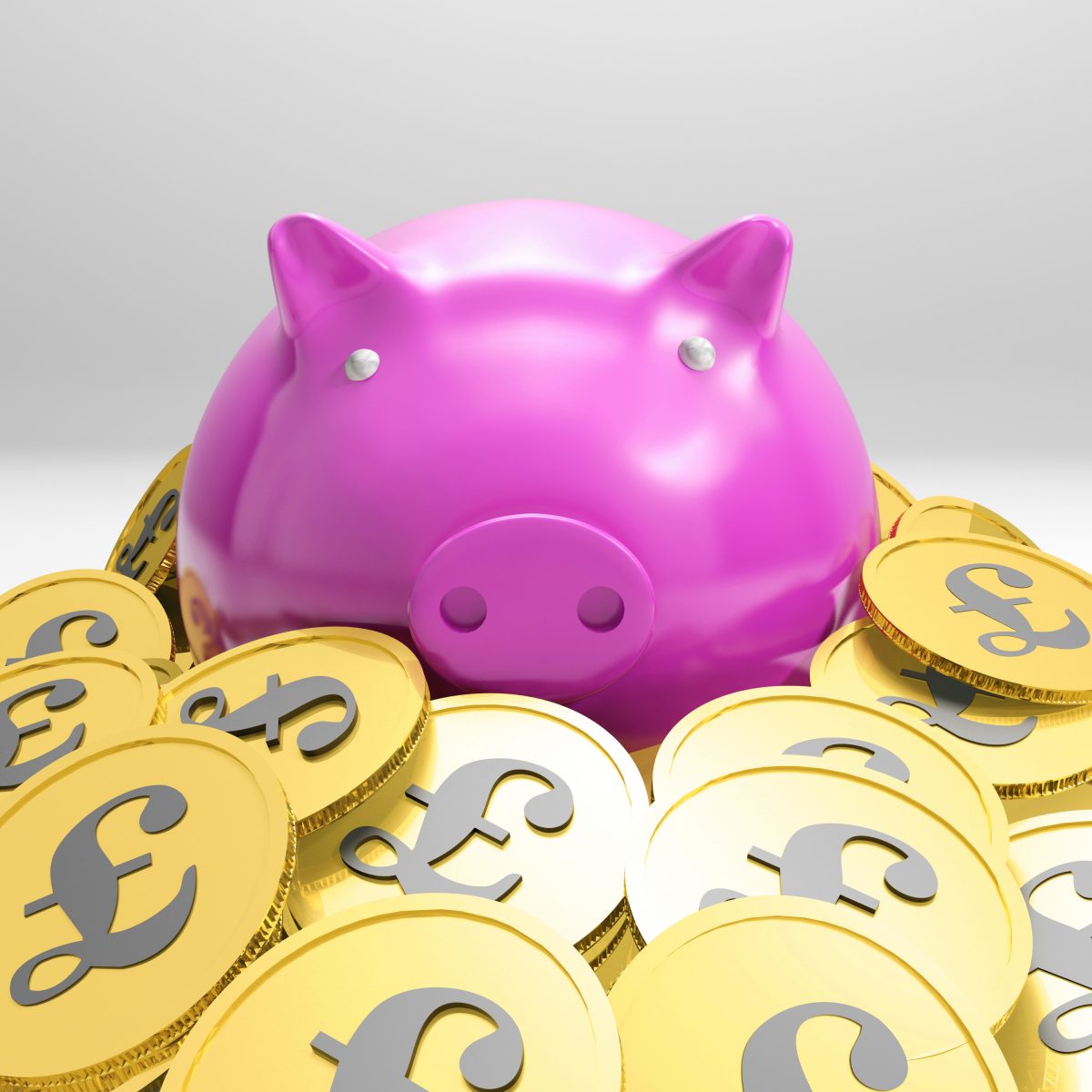The vast majority of small limited company owners will take money out of their company through a mixture of salary and dividends. But the dividend rules changed from 6 April 2016 so as we approach the end of the tax year, here’s a reminder on the current rules and how you will now be taxed on your dividend income.
Under the new rules, the first £5,000 of dividends received in a tax year are tax free.
After that the following rates of tax are due:
- Dividends falling within basic rate tax – tax at 7.5% of the dividend received
- Dividends falling within higher rate tax – tax at 32.5% of the dividend received
- Dividends falling within the additional rate of tax – tax at 38.1% of the dividend received
So it is no longer the case that you can extract dividends from the company up to your basic rate threshold “free of personal tax” and you need to think about the personal tax that will be due, when considering your company dividend policy.
The tax on these dividends will be declared on your 16/17 tax return – due to be filed by 31 Jan 2018 and the tax is payable then too. But you do need to remember that if you have a personal tax bill due at that time of over £1,000, then you will also have to make a payment on account of your 17/18 tax, equal to 50% of your current year’s bill.
An individual who has traditionally taken salary of £11,000 and dividends up to their basic rate limit (approx £32,000) will be £2,025 worse off under the new rules for the current tax year, so you need to make sure this money is put aside in preparation for your bill at 31 January.
Getting your tax return done early in the tax year will mean the tax due can be calculated and you will know precisely what your bill at 31 January is going to be!
For more information or help estimating the personal tax due on your dividend income, please contact Rosie Forsyth.


You must be logged in to leave a reply.